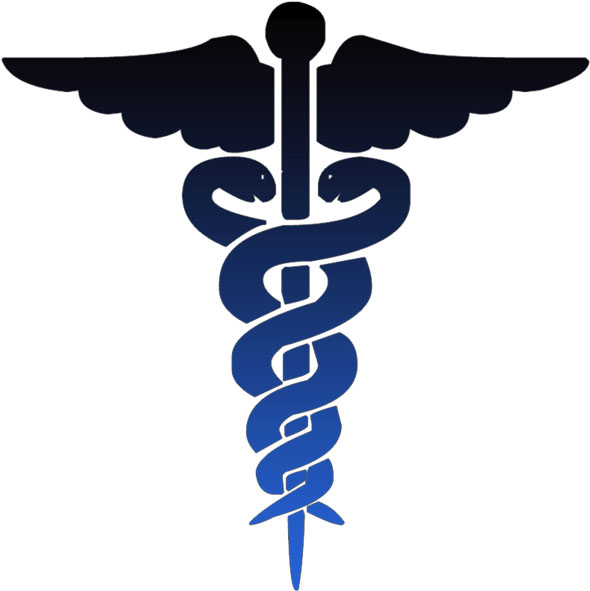HOW TO BE SAFER ON THE INTERNET.
The big thing about being safe on the internet is keep your PC up to date. Viruses get changes to their code to keep up with the latest anti virus software, so if your PC isn't up to date it wont be able to protect itself. Think of it like a vaccine, a vaccine doesn't do you much good after you have already been sick with a virus!
If you are seeing signs of infection immediately begin updating your system and trying to run a scan or two. Sadly, a lot of the time, when a user is noticing an issue its too late for a scanner to be of much help. The infection is too broad and the PC will need to be looked at professionally. So if after some scans the system is still not operating correctly give us a call at (618) 456 2000 and we will get you back up and going!



